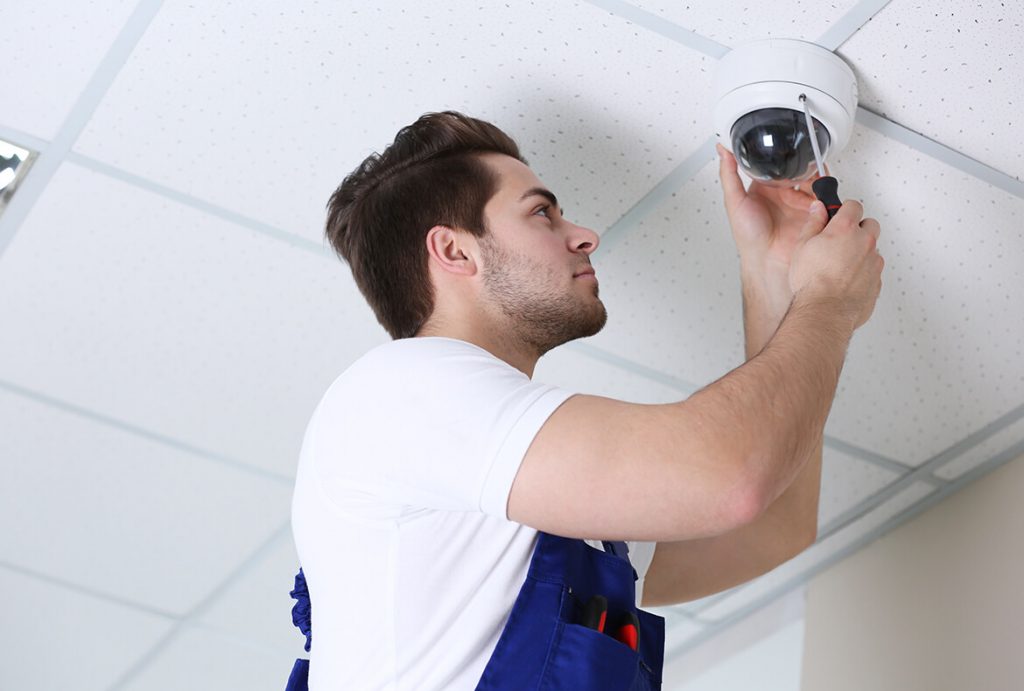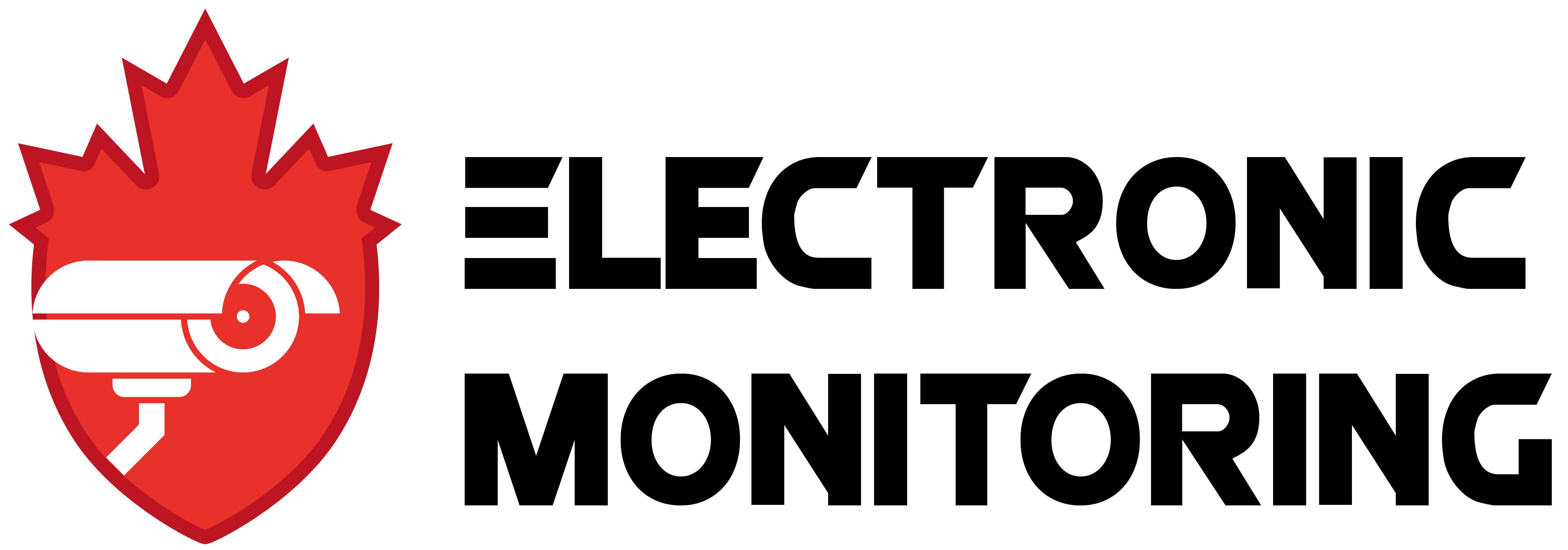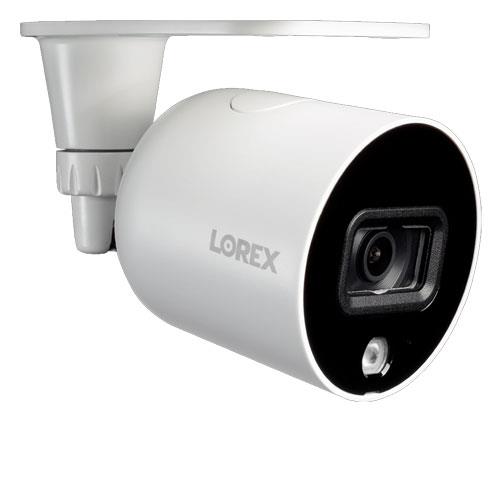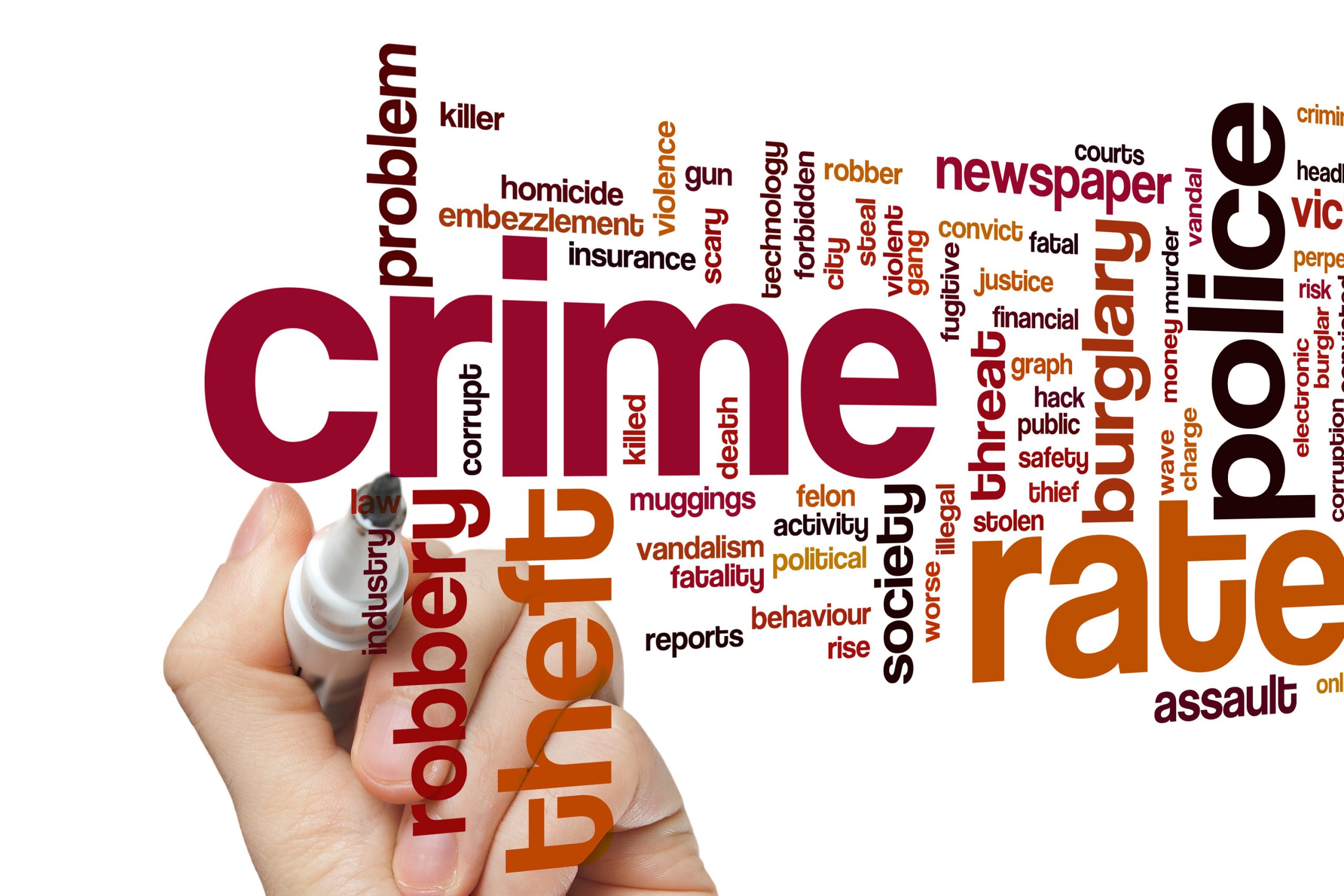Are CCTV cameras legal in Canada?
CCTV cameras have become ubiquitous in Canada and around the world, as they provide an additional layer of security for businesses, homes, and public spaces. However, before installing CCTV cameras, it is essential to consider the legality of doing so. In Canada, the use of CCTV cameras is regulated by federal and provincial laws, and it is important to understand these laws to avoid any legal repercussions. In this article, we will explore whether CCTV cameras are legal in Canada, what the laws surrounding their use are, and what businesses and individuals need to know before installing them.
CCTV Camera Laws in Canada:
In Canada, the use of CCTV cameras is primarily regulated by the Personal Information Protection and Electronic Documents Act (PIPEDA) and the Privacy Act. Both of these laws require that any personal information that is collected, used, or disclosed by CCTV cameras must be done so in accordance with certain privacy principles.
PIPEDA applies to all private sector organizations that collect, use, or disclose personal information in the course of commercial activities. Under PIPEDA, businesses must obtain the consent of individuals before collecting their personal information through CCTV cameras. This consent must be informed, meaning that individuals must be provided with clear and understandable information about why the CCTV cameras are being used, what personal information is being collected, and how that information will be used.
The Privacy Act applies to federal government institutions, and it requires that any personal information collected through CCTV cameras must be used only for the purpose for which it was collected. Individuals must also be informed about the use of CCTV cameras, and the personal information collected must be protected and kept confidential.
In addition to federal laws, many provinces and territories have their own privacy laws that regulate the use of CCTV cameras. For example, in British Columbia, the Personal Information Protection Act (PIPA) requires that businesses obtain the consent of individuals before collecting their personal information through CCTV cameras. In Ontario, the Personal Health Information Protection Act (PHIPA) regulates the use of CCTV cameras in healthcare facilities and requires that any personal information collected through these cameras be protected.
Overall, the laws surrounding the use of CCTV cameras in Canada are complex and varied, and businesses and individuals must ensure that they are complying with all applicable laws before installing CCTV cameras.
When is CCTV Camera Use Legal in Canada?
In general, the use of CCTV cameras is legal in Canada as long as it complies with all applicable laws and regulations. Businesses and individuals must ensure that they are not collecting personal information that they do not need and that they are using the information collected only for the purposes for which it was collected.
CCTV cameras are commonly used for security purposes in public places such as banks, shopping malls, and parking lots. In these cases, the use of CCTV cameras is generally considered legal as long as the cameras are not installed in areas where individuals have a reasonable expectation of privacy, such as public restrooms or changing rooms.
In workplaces, the use of CCTV cameras is legal as long as the cameras are used for legitimate business purposes and employees are informed about their use. Employers must ensure that they are not using CCTV cameras to monitor employees’ private activities or collecting personal information that is not necessary for legitimate business purposes.
In homes, the use of CCTV cameras is legal as long as the cameras are not installed in areas where individuals have a reasonable expectation of privacy, such as bedrooms or bathrooms. Homeowners must also ensure that they are not collecting personal information about their neighbours or other individuals without their consent.

Penalties for Illegal Use of CCTV Cameras
Businesses and individuals who use CCTV cameras in violation of applicable laws and regulations may face penalties, including fines and legal action. In some cases, individuals may also be subject to civil lawsuits if they violate others’ privacy rights. The use of these cameras is subject to legal regulations, and failure to comply with these regulations can lead to penalties and legal consequences. In this article, we will explore the penalties for the illegal use of CCTV cameras in Canada, including fines, civil lawsuits, and criminal charges.
Fines for Illegal Use of CCTV Cameras:
A fine is one of the most common penalties for the illegal use of CCTV cameras in Canada. The amount of the fine will depend on the specific circumstances of the case, such as the severity of the violation and the number of individuals affected.
For example, in 2018, a real estate brokerage in Quebec was fined $5,000 for installing a hidden CCTV camera in a bathroom without the knowledge or consent of the tenant. In another case, a grocery store in British Columbia was fined \$15,000 for using CCTV cameras to monitor employees in break rooms and other areas where they had a reasonable expectation of privacy.
Civil Lawsuits for Invasion of Privacy:
Individuals who feel that the use of CCTV cameras has violated their privacy rights may choose to file a civil lawsuit against the person or business responsible for the cameras. These lawsuits can seek damages for emotional distress, loss of privacy, and other related harms.
For example, in 2016, a woman in Vancouver filed a lawsuit against her landlord after discovering that he had installed a CCTV camera outside her apartment without her knowledge or consent. The woman alleged that the camera had recorded her every move, including her private conversations and personal activities, and that this had caused her emotional distress. The lawsuit was settled out of court for an undisclosed amount.
Criminal Charges for Invasion of Privacy:
In some cases, the illegal use of CCTV cameras can lead to criminal charges. For example, under the Criminal Code of Canada, it is illegal to intentionally intercept a private communication without the consent of the parties involved.
In 2014, a man in Ontario was charged with the interception of private communications after he installed hidden CCTV cameras in his ex-girlfriend’s home and recorded her activities without her knowledge or consent. The man was sentenced to six months in jail and was ordered to pay restitution to the victim.
Tips for Complying with CCTV Camera Regulations:
To avoid penalties for the illegal use of CCTV cameras, it is important to understand and comply with all applicable laws and regulations. Here are some tips for businesses and individuals who are considering installing CCTV cameras:
- Obtain Consent: Before installing CCTV cameras, obtain consent from individuals who will be monitored. This consent should be informed, meaning that individuals should be provided with clear and understandable information about why the CCTV cameras are being used, what personal information is being collected, and how that information will be used.
- Limit Monitoring: Only monitor areas where there is a legitimate need for CCTV cameras, such as public spaces or areas where valuable items are stored. Avoid monitoring areas where individuals have a reasonable expectation of privacy, such as bathrooms or changing rooms.
- Protect Personal Information: Ensure that any personal information collected through CCTV cameras is kept confidential and used only for the purposes for which it was collected. Personal information should be stored securely and disposed of properly when it is no longer needed.
- Inform Employees: If CCTV cameras are used in a workplace, inform employees about their use and the reasons for their use. Ensure that employees are not monitored in areas where they have a reasonable expectation of privacy, such as break rooms or locker rooms.
Conclusion:
The use of CCTV cameras in Canada is subject to legal regulations, and failure to comply with these regulations can lead to penalties and legal consequences. It is crucial to obtain consent, limit monitoring, protect personal information, and inform employees, businesses and individuals while using CCTV Cameras.



